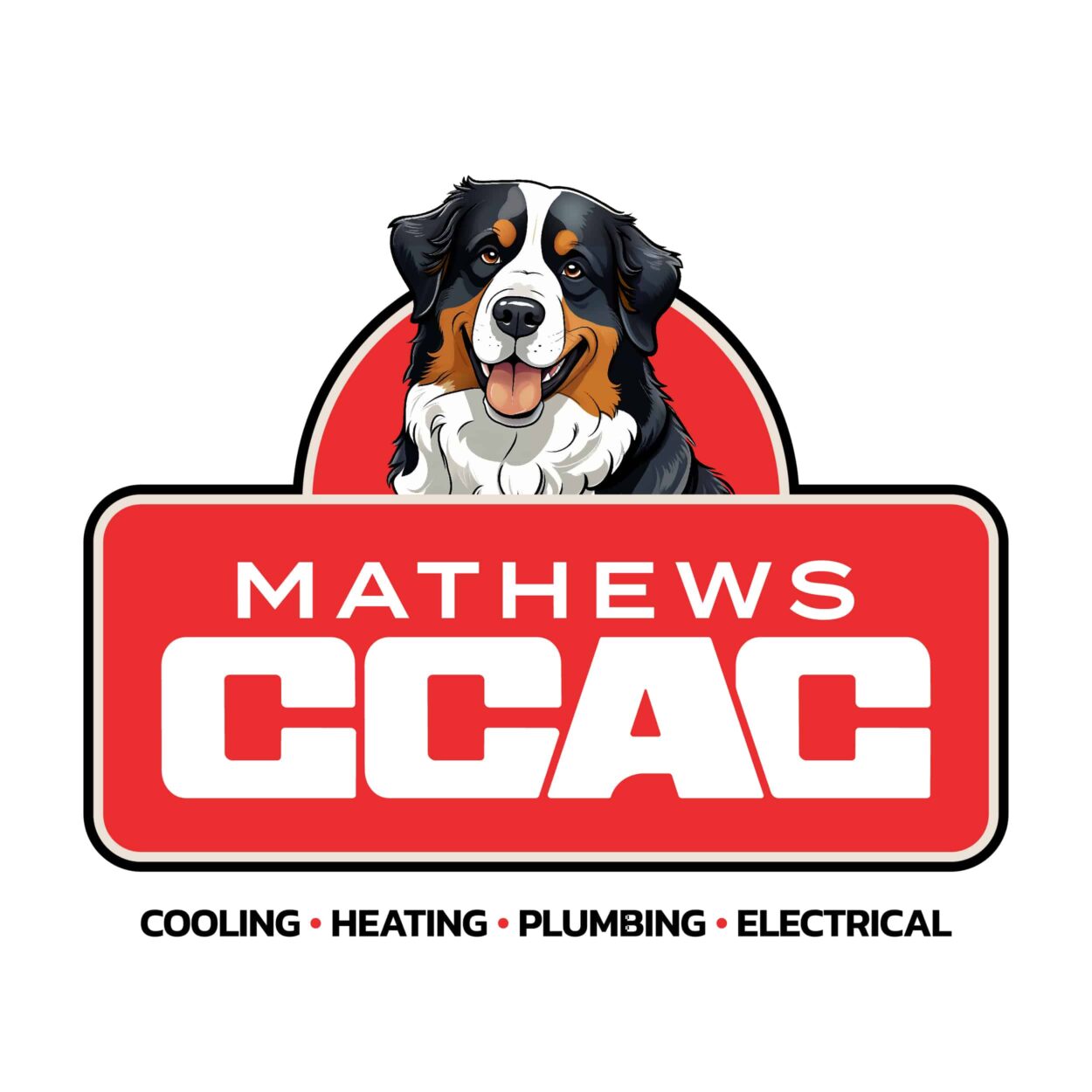Choosing the best insulation type for your home can seem overwhelming. However, once you discover that different types of insulation work better for different tasks, it’s easier to make your selection. Use these tips to make the best choice for your Texas home.
Batts and Rolls
Batts and rolls are the most widely available types of insulation. They offer a heat resistance value, or R-value, of 3 per inch. Batts are essentially cut versions of longer rolls, and they’re most commonly made of fiberglass or rockwool.
Because they’re easy to install, batts and rolls are the best insulation for do-it-yourself projects. Buy them in bulk and fill large spaces between ceiling rafters and floor joists.
Blown-in Insulation
Also known as loose-fill, this insulation type is typically made from cellulose or fiberglass and is most commonly used to insulate walls and attic floors. It offers about R-3.5 per inch and fills every nook and cranny, even in oddly shaped spaces. Fiberglass is the better of the two products because of the long lasting lint and dust problem normally associated with cellulose insulation.
This insulation is sold in compressed blocks, which a special machine breaks down into tiny pieces as it expels the insulation out of a hose. Because of the expensive equipment needed to apply blown-in insulation, it’s best to leave this task to a professional.
Spray Foam
While it’s more expensive than other types of insulation, spray foam offers better insulating abilities. Open-cell spray foam is less effective, offering about R-3.5 per inch, but closed-cell spray foam offers an impressive insulating power of R-7 per inch.
It’s possible to install spray foam yourself, but if you’re looking to complete a large job, such as insulating your entire attic, the task is best left to a professional.
Foam Board
Also called rigid insulation, foam board is most often applied to exterior walls and under the foundation during your home’s construction phase. A popular DIY application is to insulate basement walls and floors with foam board. Since this material is semi-permeable, it allows moisture to pass through, so walls and floors don’t rot.
For more help choosing the best insulation type for your home project, please contact CCAC in Corpus Christi today.
Our goal is to help educate our customers in Corpus Christi, Texas about energy and home comfort issues (specific to HVAC systems). For more information about insulation and other HVAC topics, download our free Home Comfort Resource guide.
Credit/Copyright Attribution: “Alena Brozova/Shutterstock”












